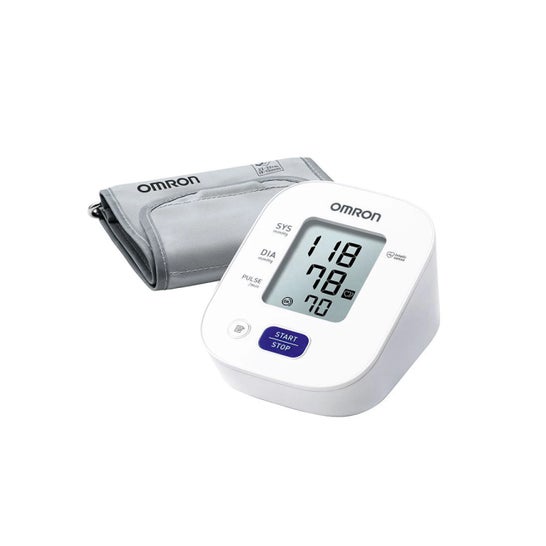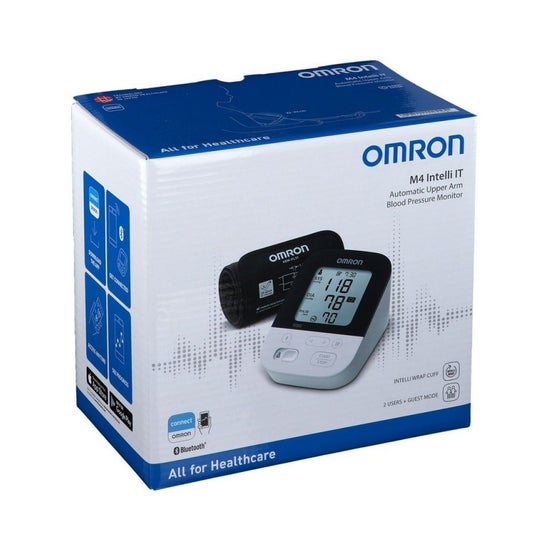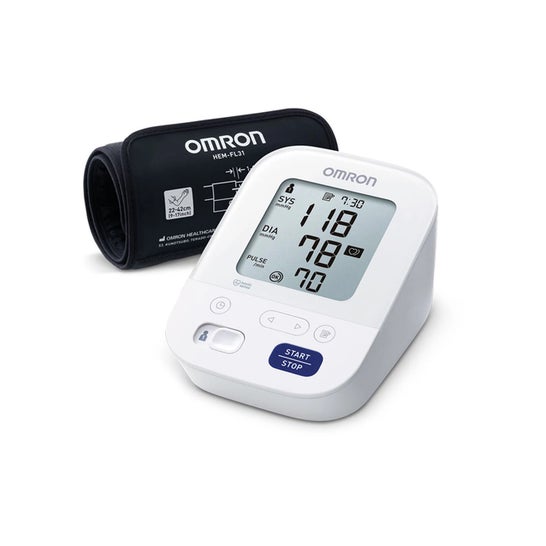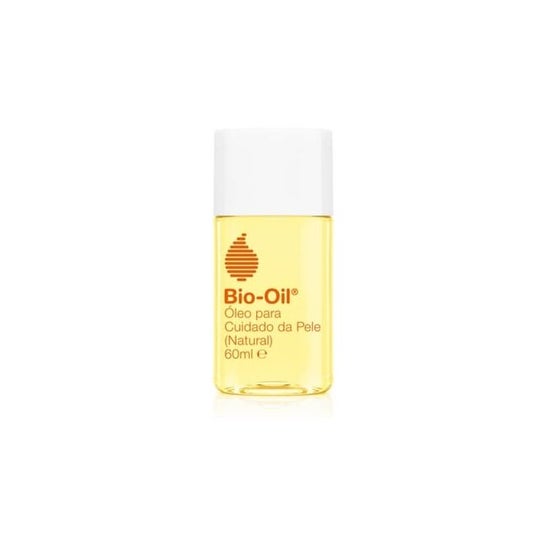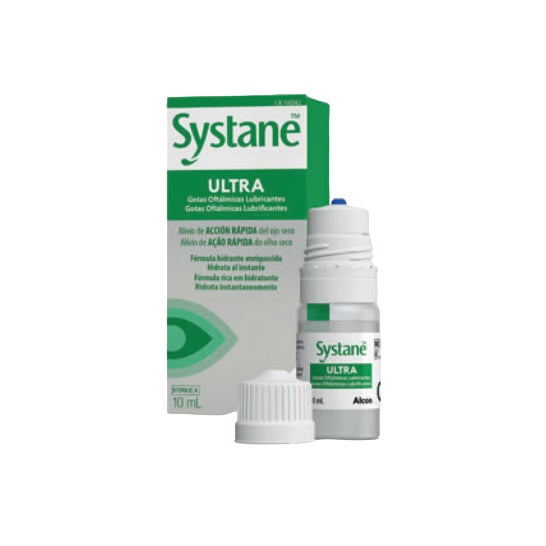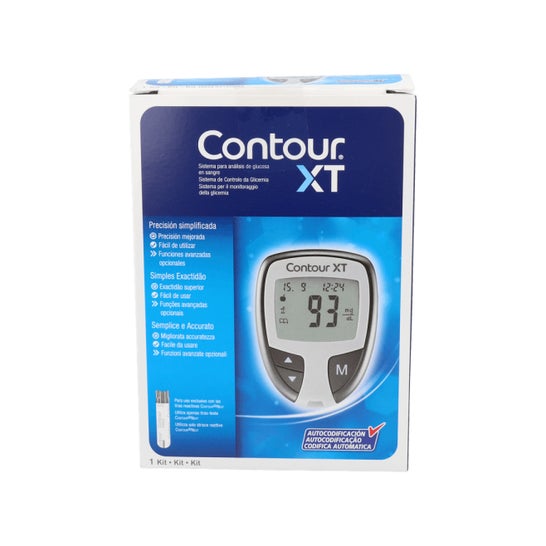Blood pressure is the force exerted by the blood against the walls of the arteries. Two parameters are measured: the systolic blood pressure (or maximum value), which is caused when the heart contracts and pushes blood out, and the diastolic, when the heart relaxes and fills with blood (minimum value). A normal blood pressure range in adults is between 120 and 80 millimetres of mercury (mm Hg, where 120 is the systolic pressure and 80 is the diastolic pressure), although these are averages. Higher or lower values may occur at certain points, which are not maintained over time, and are considered normal depending on each person's characteristics.
High blood pressure or hypertension (having average values above 140/90 mm Hg) may cause some symptoms, although they are not always noticeable, such as headaches, breathing issues or palpitations. Pressure below an average value of 90/60 mm Hg is considered to be low. In this case, more noticeable symptoms such as dizziness, weakness, nausea or lack of concentration are usually present.
There are several guidelines for healthy blood pressure levels. Maintaining an optimal weight (being overweight increases the risk of high blood pressure), exercising regularly, eating a balanced, low-salt diet, reducing alcohol consumption and giving up smoking, and trying to manage stress are the first things to look out for. For nutritional support, some dietary supplements contribute to normal blood pressure levels. Ingredients derived from olive leaf, peptides, magnesium and vitamins such as D, among others, are part of these supplements.
It is advisable to take regular blood pressure measurements, especially in people who have other predisposing factors for cardiovascular issues. The frequency of these measurements and the most appropriate recommendations should be evaluated with the advice of your pharmacist and the assessment of your doctor. For easier blood pressure monitoring at home, accurate and safe measuring devices are available.



